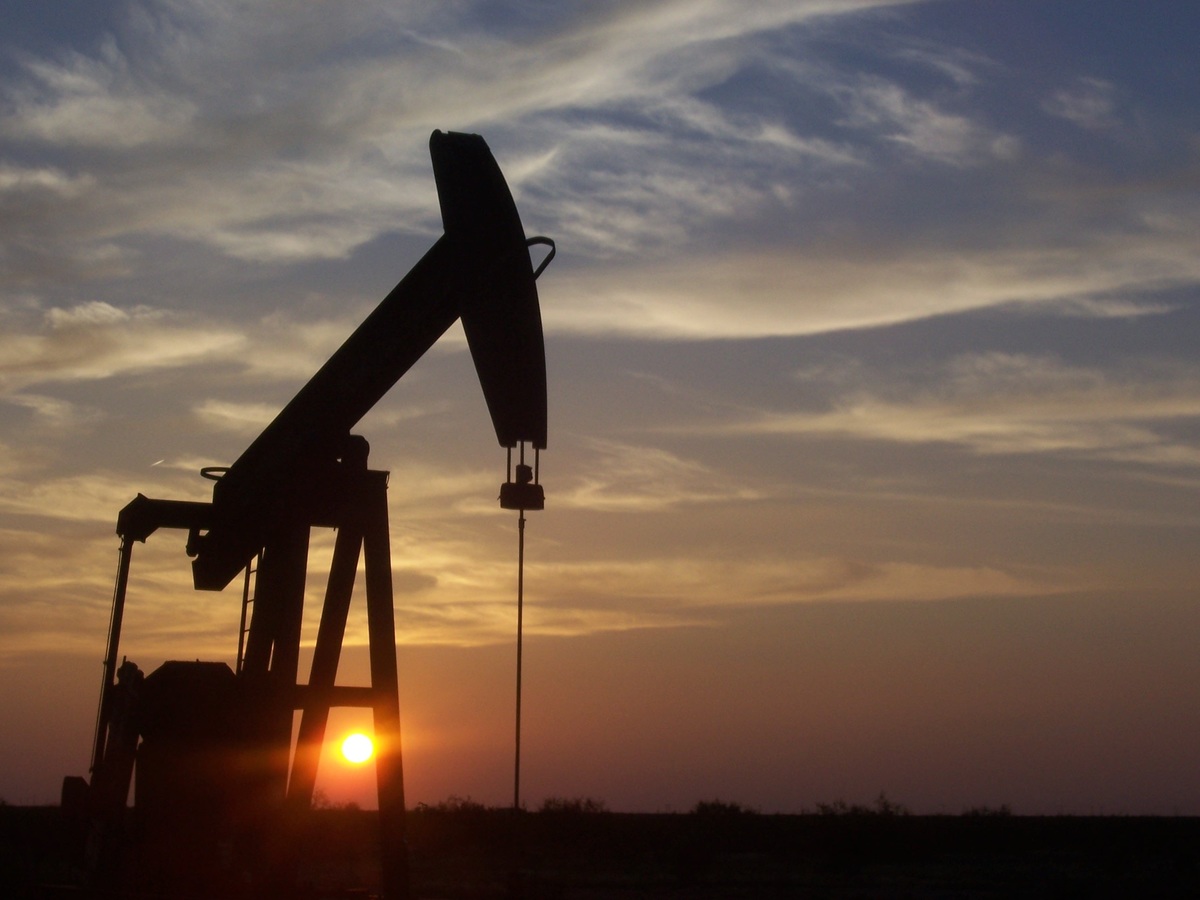The Russian invasion in Ukraine has ended the age of cheap and plentiful fossil energy. Will Europe rush forward to renewable energy, or reopen coal plants?
Is Europa prepared to wane off from fossil energy faster than planned? (Photo: Pxhere)
Energy policy has suddenly landed on the central stage of European decision making. Politicians are painfully aware that import of Russian oil and gas fuels the war in Ukraine. Meanwhile energy prices, which have been high since the post-covid economical bounce back, are breaking records. Households have difficulties paying their energy bills, petrol prices are causing social unrest, and fertilizer becomes too expensive for farmers which endangers food security.
In the long term, energy security aligns well with decarbonization, because a larger share of renewable energy makes Europe less dependent on energy-imports from dubious countries. But at the moment Europe is at crossroads, says a recent analysis in New Scientist (26 March 2022, The first global energy crisis).
Focusing solely on short-term energy security could lead Europe to reopening coal plants, and/or to diversifying its sources for natural gas, swapping Gazprom for liquified natural gas (LNG) from the United States or other countries. Which in turn would drive up LNG prices, forcing Asian countries to switch to coal.
Decarbonization on the other hand, would be helped by ‘major leaps in energy efficiency, renewable energy, electric cars, hydrogen and small modular nuclear reactors’, said IEA director Fatih Birol in the New Scientist analysis. But of course, such a transition takes time.
Above all, the energy transition needs political determination, says the French economist, diplomat and climate negotiator Laurence Tubiana. The Delft Energy Initiative had invited her for an online lecture in the series Meet the Energy Leader on Wednesday 13 April.
“The European Green Deal is a peace project”, said Tubiana. “The political toxicity of Russian fossil fuels should motivate us to accelerate the decarbonization of the European power supply. Not only for the climate benefit, but also for not contributing to Russia’s brutal war.”
“The EU should support Ukraine with its climate strategy and with a climate alliance”, said Tubiana. Now that climate change policy has become part of energy security, Tubiana expects a European sanction on importing Russian oil “before the summer” and European measures on the demand side to reduce gas import in order to ban gas from Gazprom.
Political leaders have been trying for too long to shield their citizens from the impact of the Russian war in Ukraine, said Tubiana. “But it’s real. It’s like the energy crisis in the 1970’s and we have to deal with it in a similar way.”
When asked how Europe can become energy-independent from Russia before the next winter, Tubiana presented a four-step plan:
- accelerating the energy transition from fossil towards renewable energy
- do not be tempted to go back using coal
- reducing demand by citizens (driving and heating less) as well as governments and companies (reduce heating and lighting in buildings)
- clear communication from political leaders that the energy crisis is real, and that it needs everyone’s commitment. Just like governments did in the 1970s, when they imposed the car-free Sundays. Governments should also help people having trouble paying their energy bills, to keep up societal support.
Do you have a question or comment about this article?
j.w.wassink@tudelft.nl


Comments are closed.